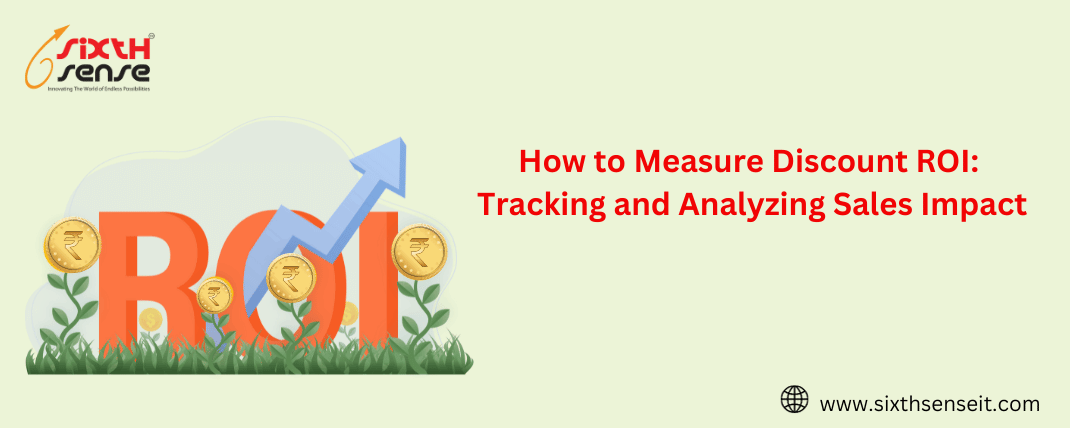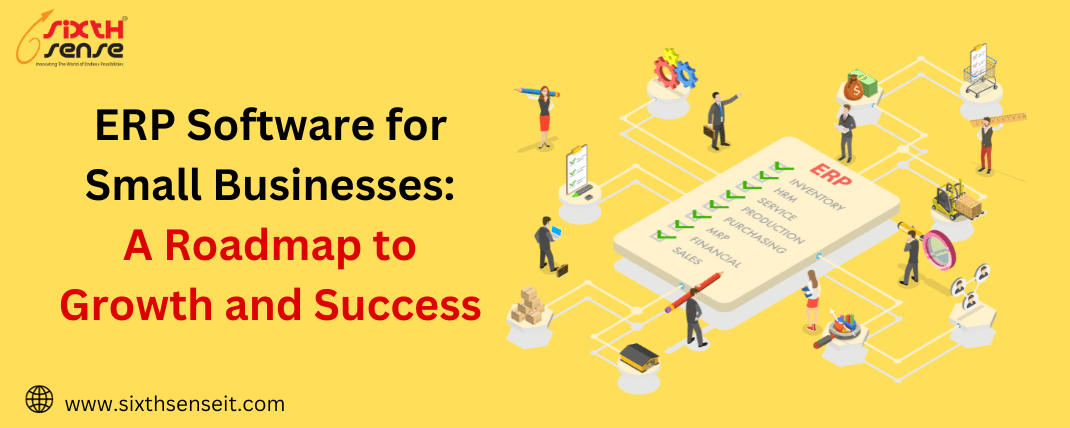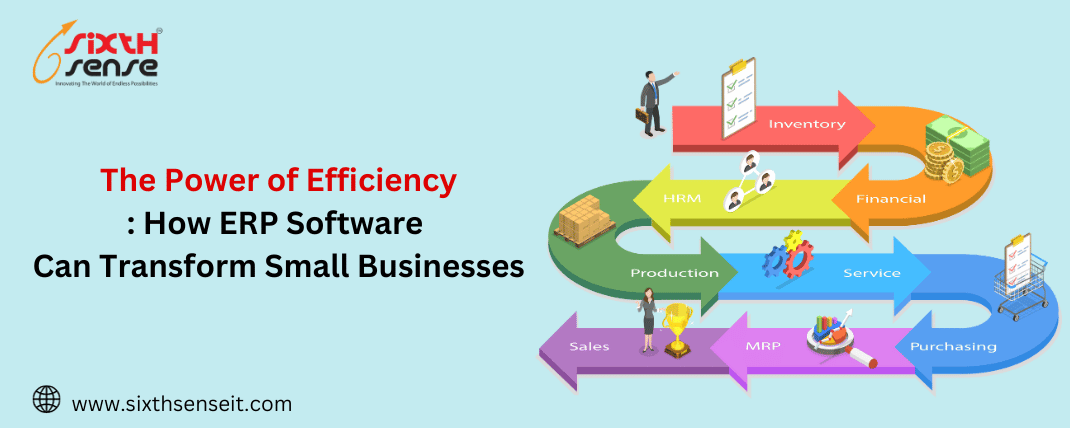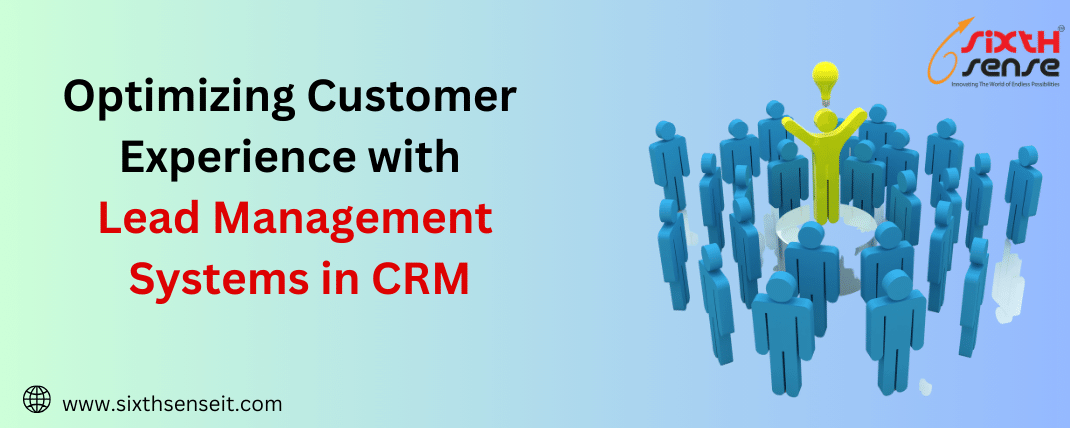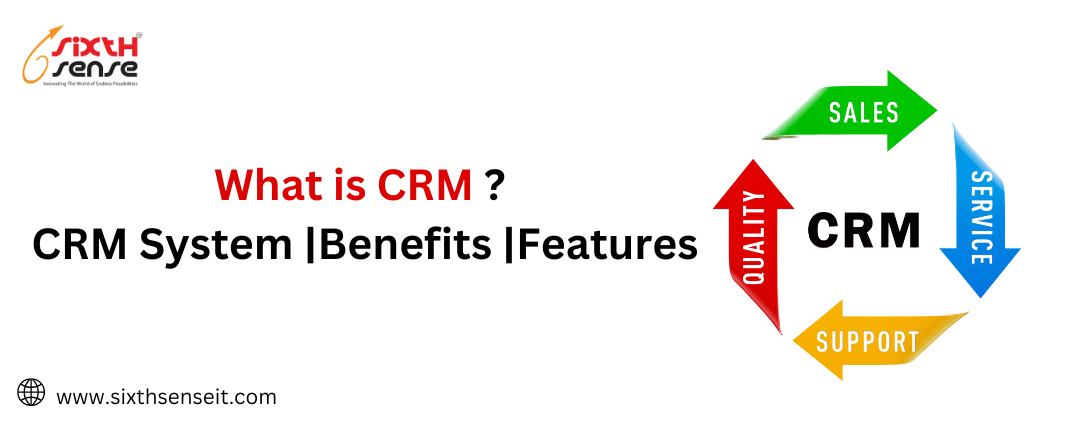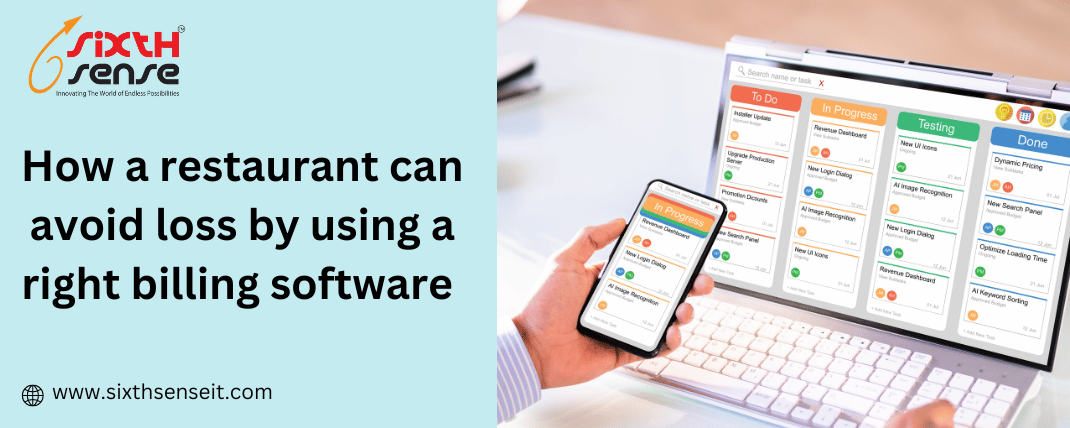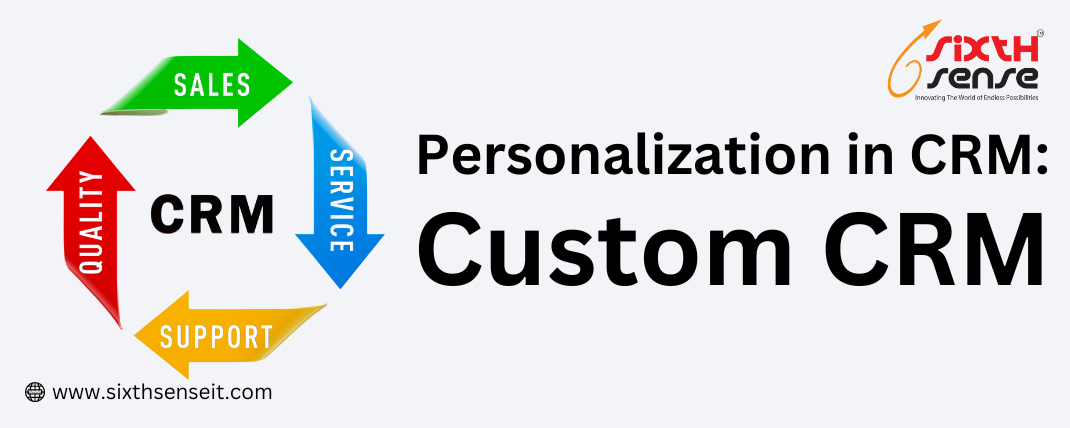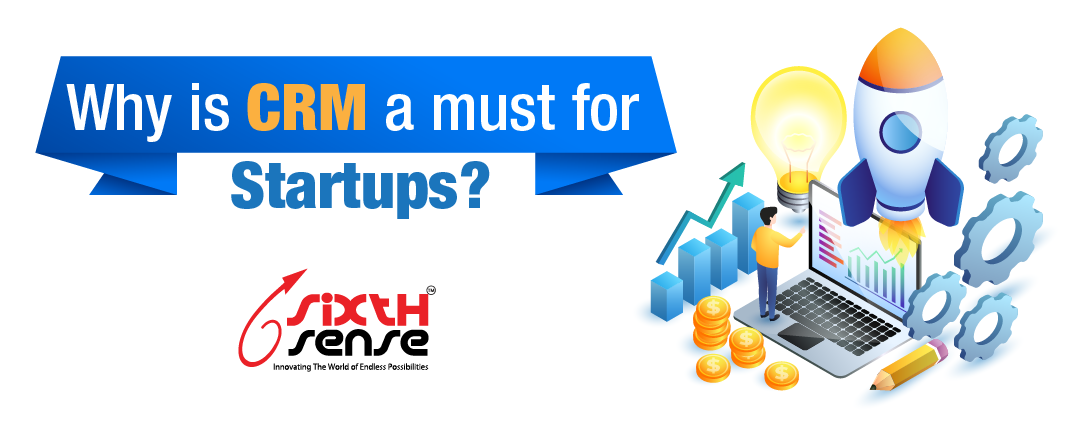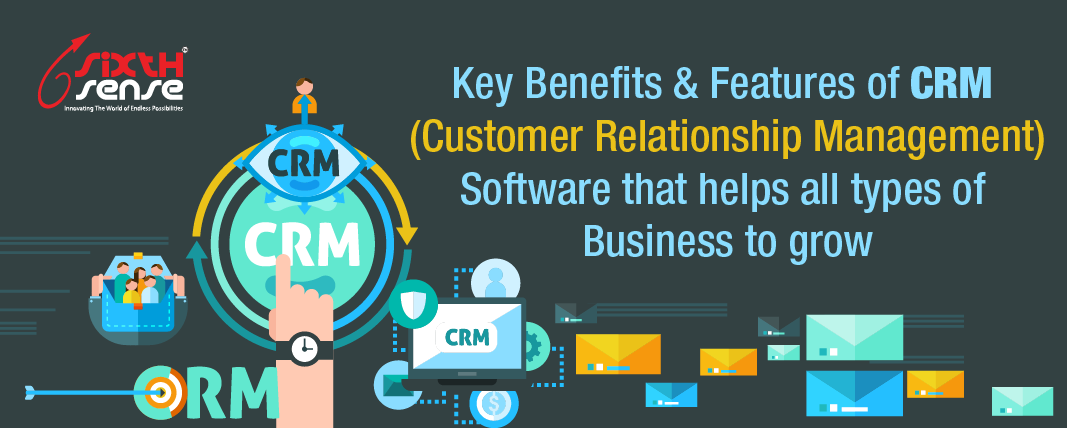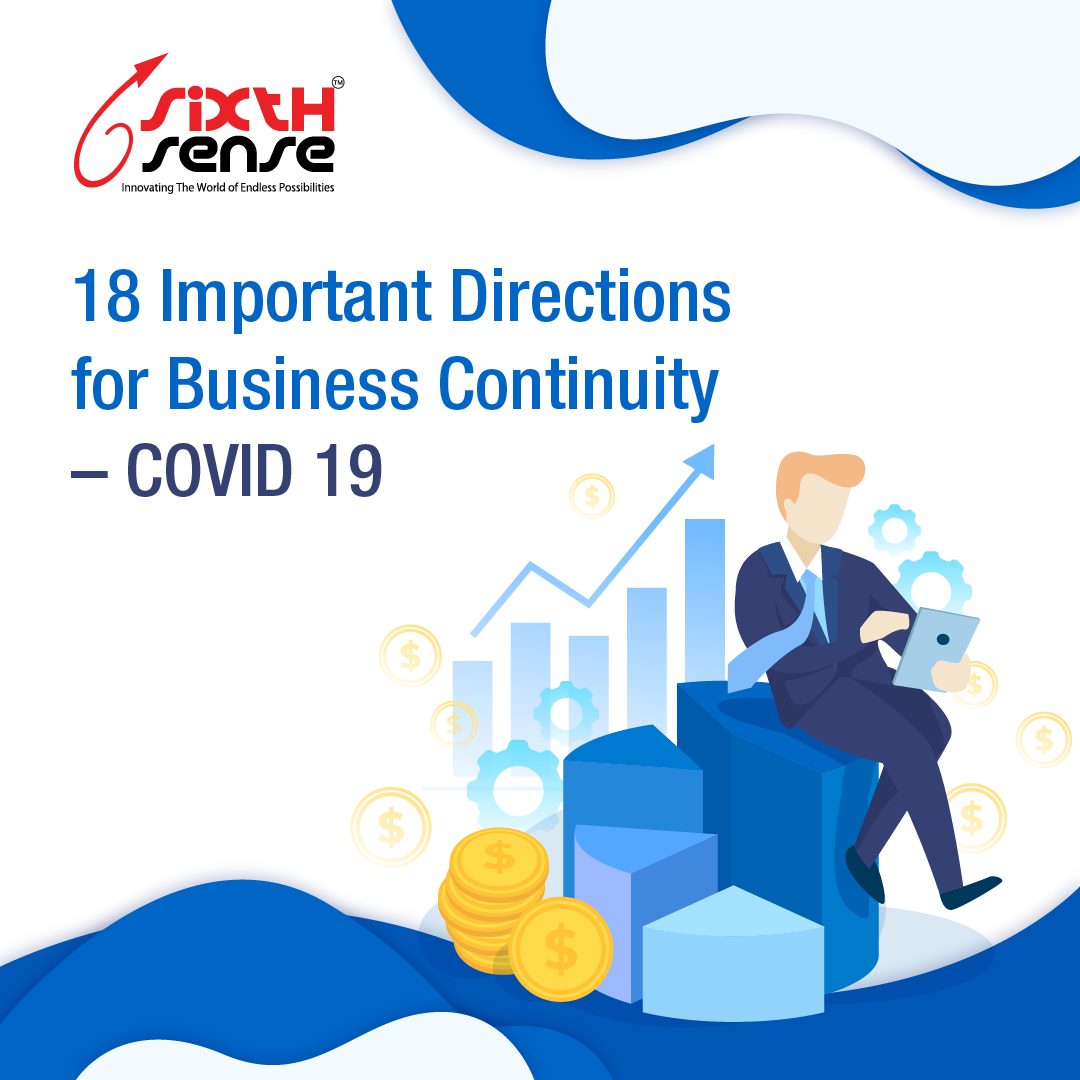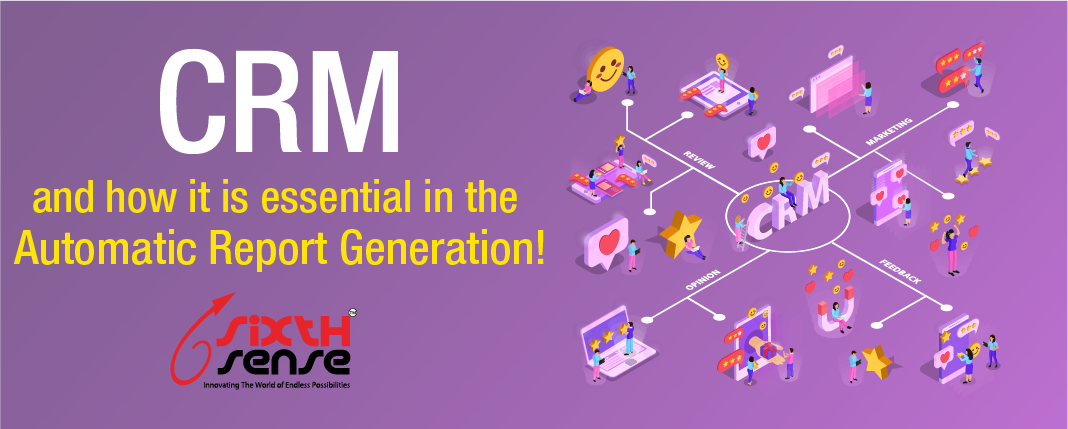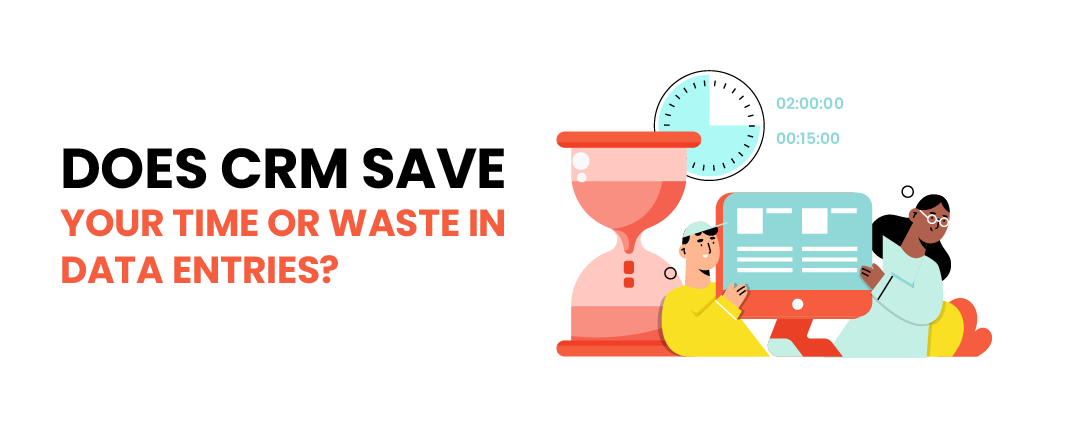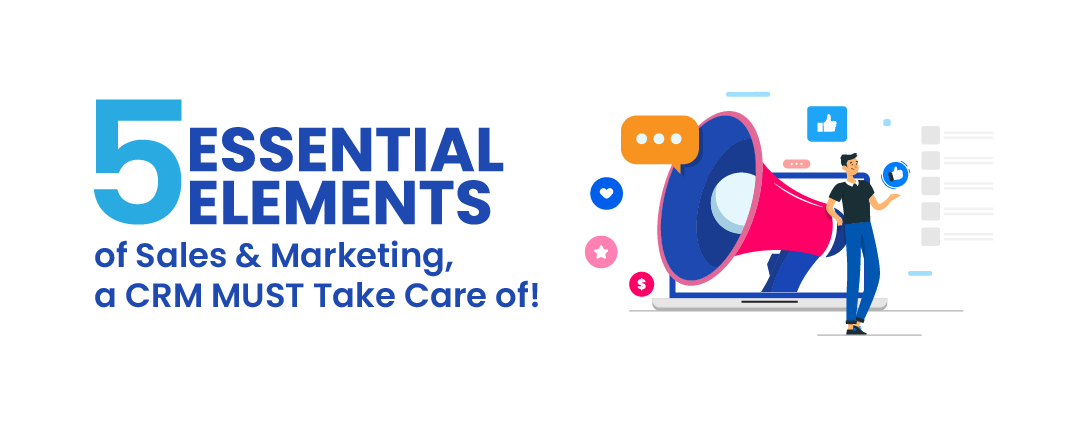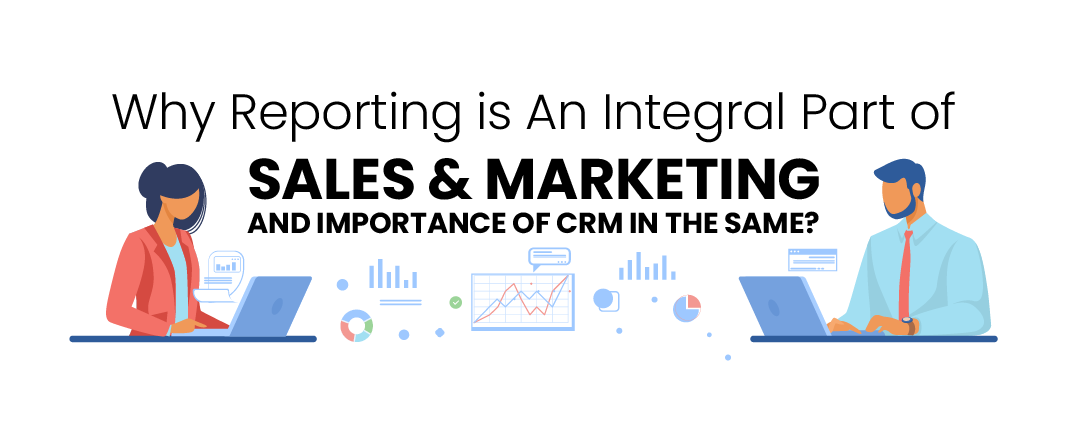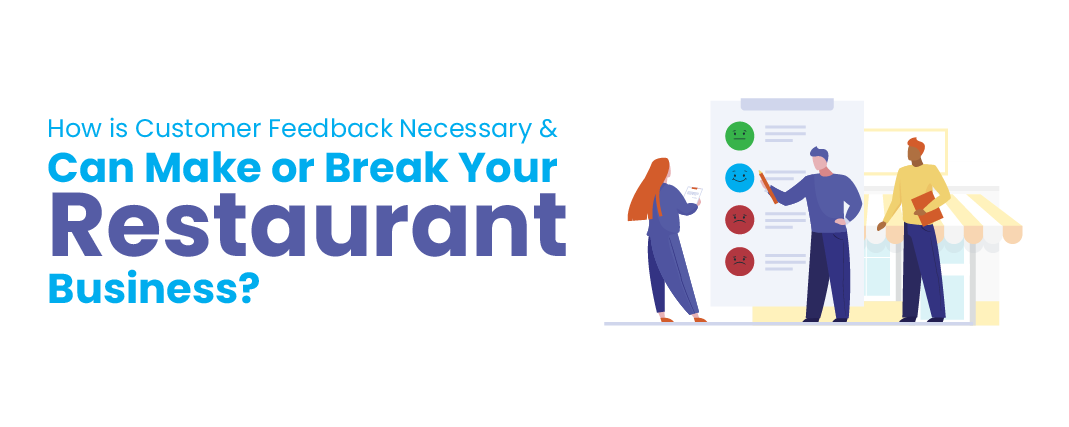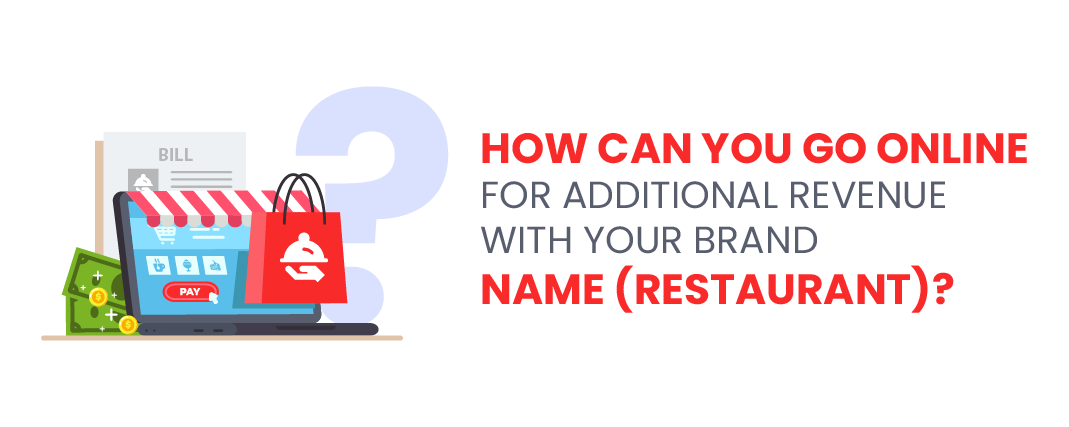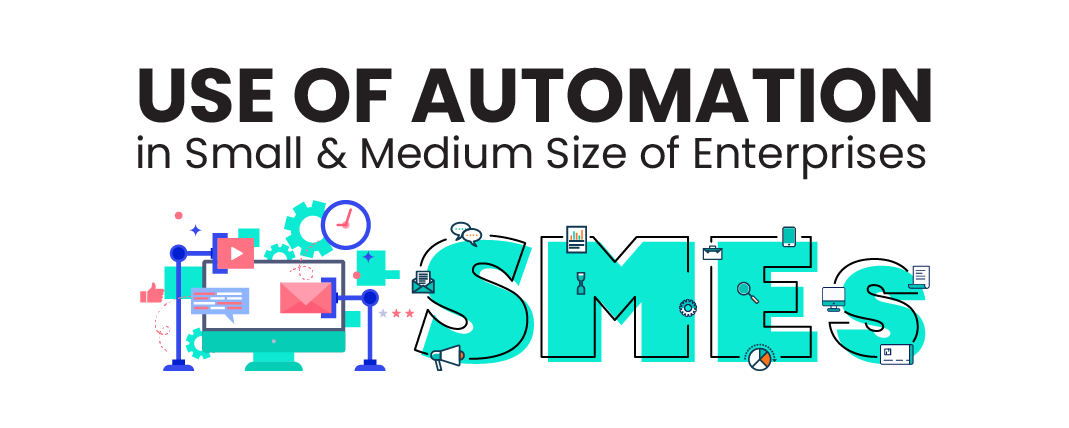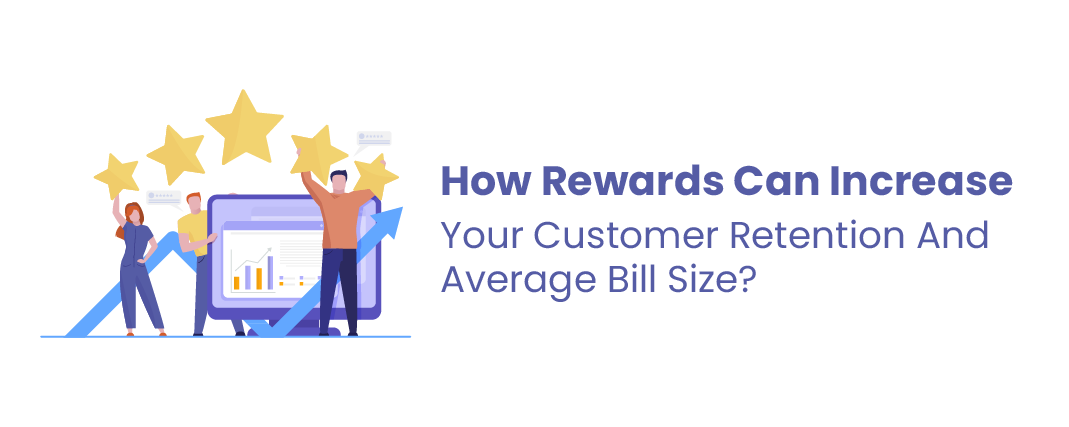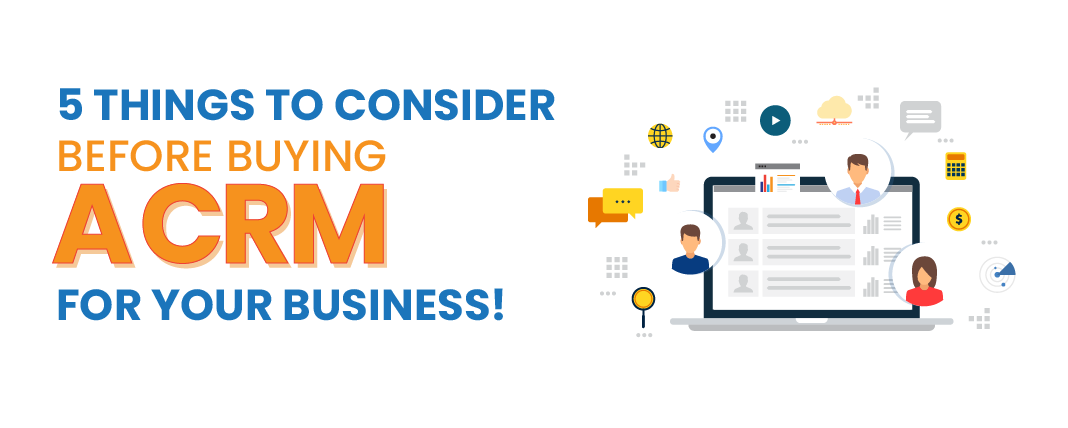
Integrating CRM and Marketing Automation: Boosting Your Sales Funnel

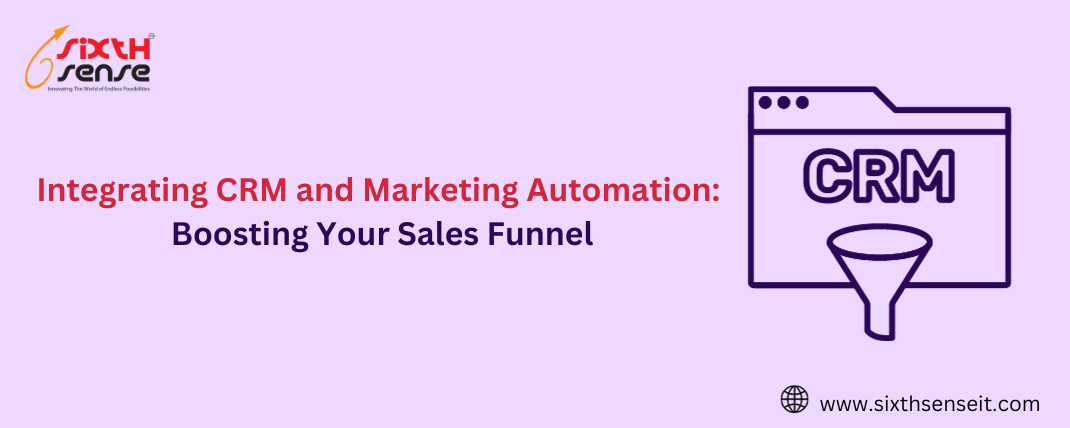
In the dynamic world of sales and marketing, staying ahead requires innovative approaches that streamline processes and enhance efficiency. The integration of Customer Relationship Management (CRM) and Marketing Automation has emerged as a game-changer for businesses aiming to boost their sales funnel. In this comprehensive blog post, we will explore the synergies between CRM and Marketing Automation, understanding how this integration can propel your sales efforts to new heights.
Before diving into the intricacies of integration, let's briefly outline what CRM and Marketing Automation entail.
CRM is a technology that allows businesses to manage and analyze customer interactions throughout the customer lifecycle. It involves storing customer data, managing leads, and facilitating communication to improve relationships.
Marketing Automation involves using software to automate marketing processes such as email campaigns, social media posting, and lead nurturing. It aims to streamline marketing efforts and increase efficiency.
When CRM and Marketing Automation work together, they create a powerful synergy. CRM focuses on the customer relationship, while Marketing Automation streamlines marketing tasks. Integrating the two aligns marketing and sales efforts, resulting in a seamless and more effective sales funnel.
CRM centralizes customer data, providing a comprehensive view of interactions, transactions, and support history.
Marketing Automation tracks customer behavior, engagement, and responses to campaigns.
By merging these perspectives, businesses gain a 360-degree view of each customer. This holistic understanding allows for more targeted and personalized marketing efforts.
CRM manages leads and assigns them to sales representatives based on criteria like lead score and behavior.
Marketing Automation nurtures leads through automated campaigns, ensuring they are primed for conversion.
The integration ensures a smooth handover of leads from marketing to sales. Sales teams receive well-nurtured leads, increasing the likelihood of conversion.
CRM manages customer communication history, including emails, calls, and support tickets.
Marketing Automation automates personalized communication based on customer behavior.
Unified communication history enables marketing to tailor campaigns based on past interactions, creating a more cohesive and engaging customer experience.
CRM tracks sales activities, deals, and customer interactions.
Marketing Automation nurtures leads through predefined workflows, ensuring they are sales-ready.
Sales processes become streamlined as CRM and Marketing Automation work in tandem. Sales teams are equipped with well-informed data, expediting the sales cycle.
CRM segments customers based on demographics, purchase history, and interactions.
Marketing Automation tailors campaigns to specific segments, ensuring relevance.
Targeted campaigns become more precise and effective when CRM data informs Marketing Automation. This results in higher engagement and conversion rates.
CRM maintains accurate customer data.
Marketing Automation relies on accurate data for effective automation.
The integration ensures data consistency between CRM and Marketing Automation, minimizing errors and enhancing the reliability of customer information.
While the benefits of integrating CRM and Marketing Automation are clear, successful implementation requires careful consideration of several factors:
Selecting the Right Tools:
Choose CRM and Marketing Automation tools that align with your business needs.
Ensure compatibility and easy integration between the selected systems.
Provide comprehensive training to employees on using integrated CRM and Marketing Automation tools.
Foster a culture of collaboration between sales and marketing teams.
Implement robust security measures to protect customer data.
Ensure compliance with data protection regulations to build trust with customers.
Customize the integration to meet the unique requirements of your business.
Ensure scalability to accommodate growth and evolving business needs.
Regularly monitor the integrated system's performance.
Optimize workflows based on feedback and changing business dynamics.
Ensure that the integration aligns with broader business goals and strategies.
Regularly reassess the integration's effectiveness in meeting these goals.
Conclusion
The integration of CRM and Marketing Automation represents a transformative step for businesses looking to optimize their sales funnel. By combining customer relationship management with automated marketing processes, organizations can create a seamless and efficient system that enhances customer engagement, streamlines sales processes, and ultimately boosts revenue. As technology continues to evolve, the synergy between CRM and Marketing Automation will likely remain a key driver of success in the competitive landscape of modern business. Embrace the power of integration, and propel your sales funnel to new heights.




































